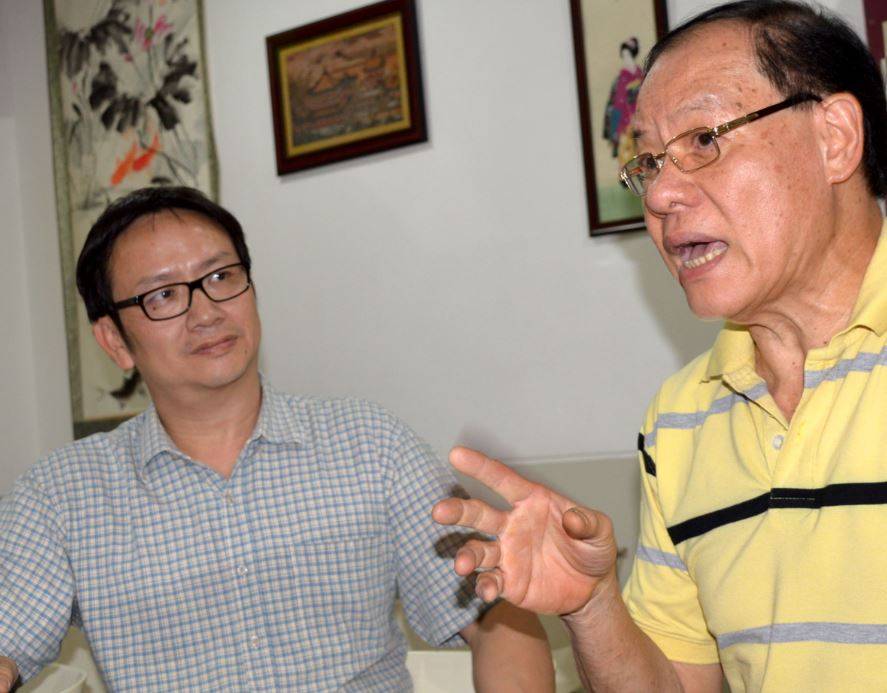Kolkata :
The Chinese community is finally emerging from the ghettos at Terreti Bazaar in north Kolkata and Tangra in the east. A realization seems to have dawned on the community that has resided in Kolkata for over two centuries that they need to come out of the cocooned existence and assimilate with rest of Kolkata.
“For generations, Chinese Indians have lived in an insular world. The thinking has been that money will solve all the problem. But it does not. We have to connect to better the condition,” said Bean Ching Law, president of Chinese Indian Association (CIA), who has been persuading senior citizens in the community to get out of their shell.
Tannery owner Chi Chiang Wu, who was born in Kolkata in 1947 but had to struggle for nearly two decades to finally get an Indian passport, said the past continued to haunt the elders. Only Chinese born after 1951 became naturalized citizens.
“The persecution and internment of Chinese at the concentration camp in Deoli, Rajasthan, left a scar that took decades to heal. Hundreds left for foreign shores. When things were just beginning to settle down, the tannery shift happened that devastated many families. Some more Chinese migrated. These twin incidents added to the sense of unease that had prevailed in the community as few could initially converse in a language other than Chinese. The sense of being looked upon as foreigners despite being born here also led to the introvert behaviour,” Wu explained.
Though there were over 20,000 Chinese Indians split between Terreti Bazaar and Tangra till the 1970s before migration began and numbers rapidly dwindled, hardly anyone voted. The language barrier meant that most didn’t understand the nuances of Bengal politics. Also, no political party ever bothered to engage with the community till a decade ago as the 3,000-odd voters in the community split are split between two constituencies and do not make a substantial vote bank. Incidentally, 70% of the eligible Chinese Indians vote now.
Hsieh Ying Hsing, owner of restaurant Big Boss, said though the community was gradually opening up to other communities, they remained wary of politicians. “One reason why even the politically conscious Chinese Indian does not express support to any party in public is the fear of getting identified and persecuted. Since we are Chinese and look different, it is not just the individual but the entire community that could get marked,” he reasoned.
CIA is making a conscious effort to integrate with the mainstream and impress upon community elders the need to involve local politicians and bureaucrats in Chinese festivals and celebrations. Though the proposal met with stiff resistance, Law is hopeful of cutting through the ice.
“Today, we cannot survive without political leaning. The elders and women in the community feel insecure. We have to be practical and discard the baggage of the past,” said Law, an architect by profession.
source: http://www.timesofindia.indiatimes.com / The Times of India / News Home> City> Kolkata / by Subhro Niyogi & Sumati Yengkhom / March 22nd, 2016
